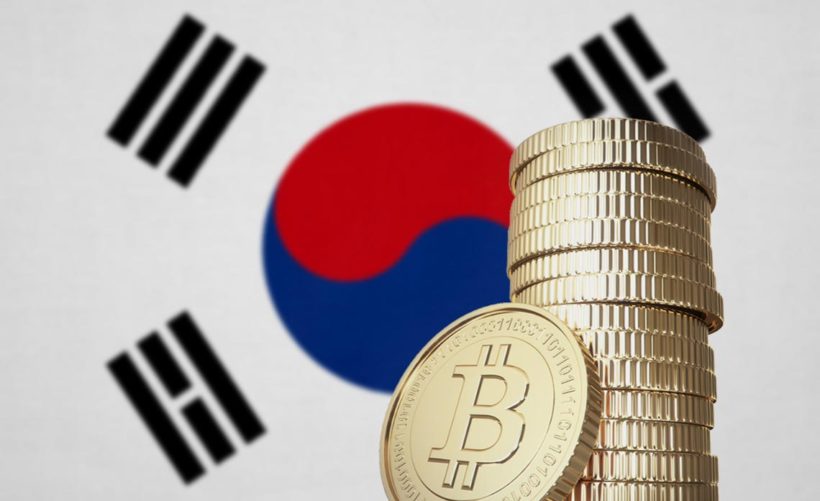South Korea’s crypto tax law is still controversial. An opposition lawmaker has criticized the inability of the local watchdog to collect the taxes. According to The Korea Times: Rep. Yoo Gyeongjoon, a representative of the People Power Party, questioned the National Tax Service for not having an administrative infrastructure to request taxes on crypto-gains.
Yoo actually accused Kim Daeji, Commissioner for NTS, , of not having a clear answer regarding his views on non-fungible tokens. “How are you going to claim that the authorities can collect tax on crypto gains, when the Finance Ministry and Financial Services Commission still have not reached an agreement about whether NFTs should be considered virtual assets? Yoo stated that the public won’t accept the government’s tax-collecting schemes if they don’t have a clear definition of whether their assets are taxable or non-taxable. This was Yoo’s comment on Friday at the National Assembly Economy and Finance Committee audit.
The lawmaker also mentioned that the Financial Services Commission had been “struggling” to give a clear answer, which implies that watchdogs don’t have any solid guidelines on how crypto tax law should apply.
Finance Magnates
Finance Magnates recently reported that the Democratic Party of Korea had plans to delay the plans to impose tax on cryptocurrency gains in advance of the next year’s presidential elections. Although South Korea’s crypto-tax law was adopted in October this year, policymakers were able to postpone its implementation until January 1, 2022.
The new rules state that the tax authorities will treat the ruling on capital gains from crypto transactions during 2022 as “miscellaneous incomes.” However, annual filings for digital asset holdings beginning in May 2023 should be made, as they will be subject 20 percent tax. The taxation will also apply to income from ICOs and mining operations. Additionally, the new laws propose an amendment to classify digital assets ‘commodities,’ instead of ‘currencies.











